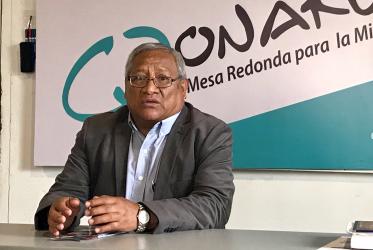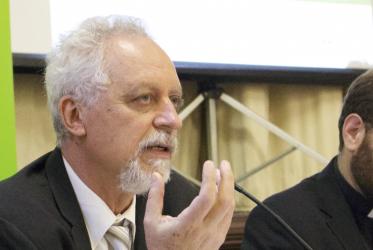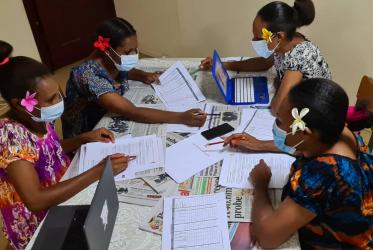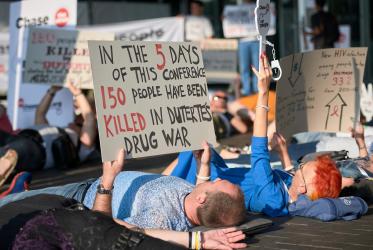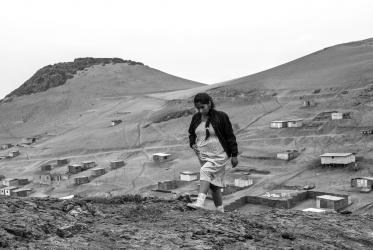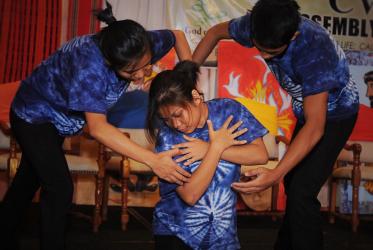Displaying 101 - 120 of 386
COVID-19 in conflict zones: “a crisis within another crisis”
27 November 2020
Brazilian churches call for transformative racial justice
23 November 2020
WCC expresses solidarity with Peruvian people amid political crisis
20 November 2020
Applications open for WCC Eco-School
22 October 2020
New student body at Bossey Ecumenical Institute “a source of joy”
14 September 2020
Thomas Kang: “Hope is what moves Christians”
21 August 2020



